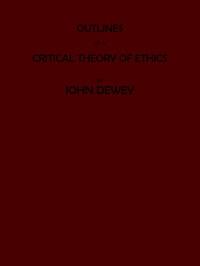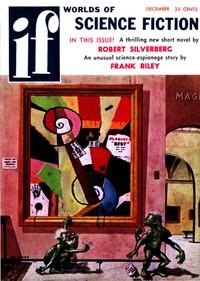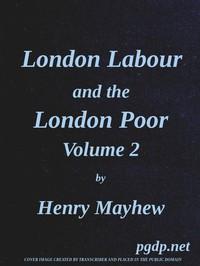Read this ebook for free! No credit card needed, absolutely nothing to pay.
Words: 30189 in 12 pages
This is an ebook sharing website. You can read the uploaded ebooks for free here. No credit cards needed, nothing to pay. If you want to own a digital copy of the ebook, or want to read offline with your favorite ebook-reader, then you can choose to buy and download the ebook.
Preface 9 Rabelais 25 Dante 35 Shakespeare 55 El Greco 75 Milton 87 Charles Lamb 105 Dickens 119 Goethe 135 Matthew Arnold 153 Shelley 169 Keats 183 Nietzsche 197 Thomas Hardy 213 Walter Pater 227 Dostoievsky 241 Edgar Allen Poe 263 Walt Whitman 281 Conclusion 293
PREFACE What I aim at in this book is little more than to give complete reflection to those great figures in Literature which have so long obsessed me. This poor reflection of them passes, as they pass, image by image, eidolon by eidolon, in the flowing stream of my own consciousness.
Most books of critical essays take upon themselves, in unpardonable effrontery, to weigh and judge, from their own petty suburban pedestal, the great Shadows they review. It is an insolence! How should Professor This, or Doctor That, whose furthest experiences of "dangerous living" have been squalid philanderings with their neighbours' wives, bring an Ethical Synthesis to bear that shall put Shakespeare and Hardy, Milton and Rabelais, into appropriate niches?
My own object in these sketches is not to convert the reader to whatever "opinions" I may have formulated in the course of my spiritual adventures; it is to divest myself of such "opinions," and in pure, passionate humility to give myself up, absolutely and completely, to the various visions and temperaments of these great dead artists.
There is an absurd notion going about, among those half-educated people who frequent Ethical Platforms, that Literary Criticism must be "constructive." O that word "constructive"! How, in the name of the mystery of genius, can criticism be anything else than an idolatry, a worship, a metamorphosis, a love affair! The pathetic mistake these people make is to fancy that the great artists only lived and wrote in order to buttress up such poor wretches as these are upon the particular little, thin, cardboard platform which is at present their moral security and refuge.
No one has a right to be a critic whose mind cannot, with Protean receptivity, take first one form and then another, as the great Spells, one by one, are thrown and withdrawn.
It is thus that I, moi qui vous parle, claim my humble and modest role. If, in my reaction from Rabelais, for instance, I find myself responding to his huge laughter at "love" and other things, and a moment later, in my reaction from Thomas Hardy, feeling as if "love" and the rest were the only important matters in the Universe; this psychological variability, itself of interest as a curious human phenomenon, has made it possible to get the "reflections," each absolute in its way, of the two great artists as they advance and recede.
If I had tried to dilute and prune and "correct" the one, so as to make it "fit in" with the other, in some stiff, ethical theory of my own, where would be the interest for the reader? Besides, who am I to "improve" upon Rabelais?
It is because so many of us are so limited in our capacity for "variable reaction" that there are so few good critics. But we are all, I think, more multiple-souled than we care to admit. It is our foolish pride of consistency, our absurd desire to be "constructive," that makes us so dull. A critic need not necessarily approach the world from the "pluralistic" angle; but there must be something of such "pluralism" in his natural temper, or the writers he can respond to will be very few!
But even such tests are personal and relative. They are not to be foisted on one's readers as anything "ex cathedra." One such test is the test of what has been called "the grand style"--that grand style against which, as Arnold says, the peculiar vulgarity of our race beats in vain! I do not suppose I shall be accused of perverting my devotion to the "grand style" into an academic "narrow way," through which I would force every writer I approach. Some most winning and irresistible artists never come near it.
And yet--what a thing it is! And with what relief do we return to it, after the "wallowings" and "rhapsodies," the agitations and prostitutions, of those who have it not!
And what are the elements, the qualities, that go to make up this "grand style"?
Free books android app tbrJar TBR JAR Read Free books online gutenberg
More posts by @FreeBooks


: Security by Walton Bryce - Science fiction; Short stories; Scientists Fiction; United States Fiction; Secrecy Fiction









